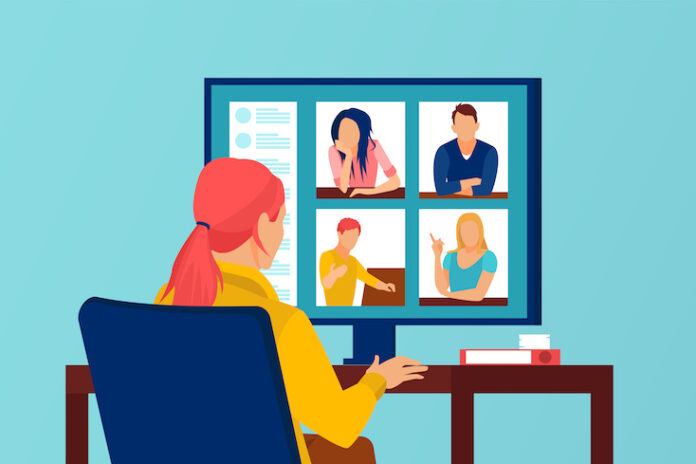
Individuals all over the world have been going through psychological and physical challenges since the COVID-19 pandemic broke out in early 2020. The effects of quarantining, limited social gatherings, death of loved ones, loss of jobs, uncertainty about the future and fear of contracting the virus have caused incalculable levels of emotional distress.
As one might assume, these turbulent times have prompted and have continued to raise the demand for emotional support and professional aid.
Unfortunately, due to COVID-related stagnation, mental health services have either come to a halt or were performing poorly at some point.
The World Health Organization estimates that in 2020, the pandemic had interrupted key mental health services in 93% of countries globally. The delay in providing these treatments have caused greater harm to the human psyche and significantly worsened the situation of those who were already suffering mentally.
Although there has been a considerable improvement in the provision of mental health services since the early stages of the pandemic, people are still in desperate need of relief programs.
Confronting the upsetting feeling or emotion is one form of self-healing, and avoiding or ignoring it all only worsens the situation, causing more anguish for the individuals experiencing the misery.
In an interview with Ed Source, “Bereavement and grief is not a mental illness. It’s a life experience,” stated Dr. David Schonfeld, a developmental-behavioral pediatrician, and director of the National Center for School Crisis and Bereavement.
He added to this by saying, “It’s a very difficult life experience, but everyone goes through it.” The intensity with which they are felt can be “managed through support and assistance.”
It is critical to highlight that the pandemic has inflicted varying degrees of pain on everyone. Given the length of time it takes for mental problems to recover from, there is still a lot of work to be done in order to return to pre-COVID psychological states.
To do this, local nonprofit organizations are rallying together to provide virtual support groups for individuals in their communities. This would not only help people alleviate their level of stress but will also grant them relief from the mental discomfort they have been experiencing since the beginning of the pandemic.
The UNLV School of Nursing, for instance, is collaborating with Adam’s Place to offer a virtual grief support group.
Adam’s Place is a nonprofit organization committed to assisting those who have experienced the loss of a loved one. The team will work with people and families who are grieving to help them regain their emotional health.
“You never really realize how many family-oriented holidays that we have in the United States until you lose somebody. And then all of a sudden, it hits you that Thanksgiving, Christmas, New Years, 4th of July—all of these things are family-oriented,” said Dr. Paul Thomas Clements, professor in residence at UNLV in an interview with Fox 5.
Only through lifting people will communities be able to recover from the devastation brought by COVID-19.
As a result, initiatives such as virtual relief support groups must be treasured and supported in order to reach out to as many individuals as possible.
